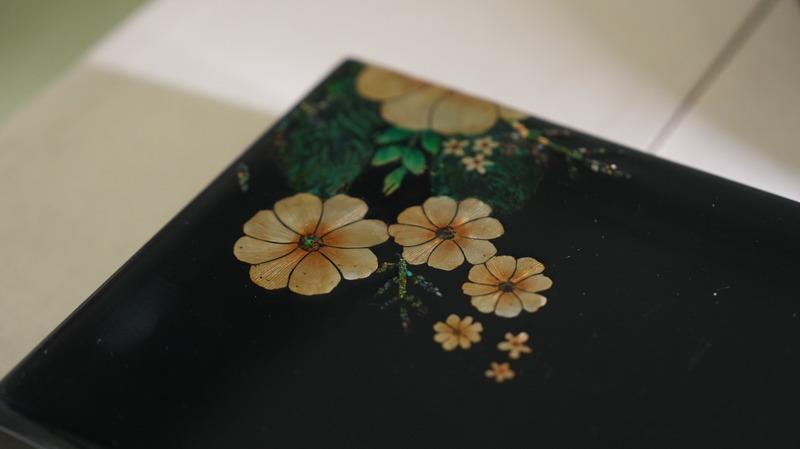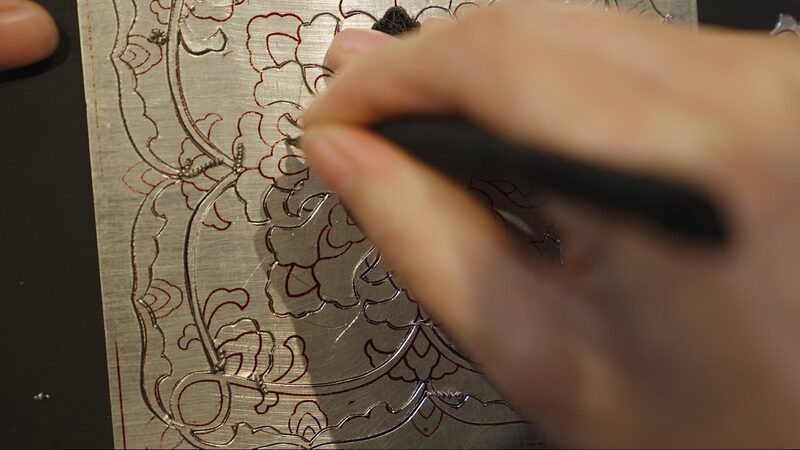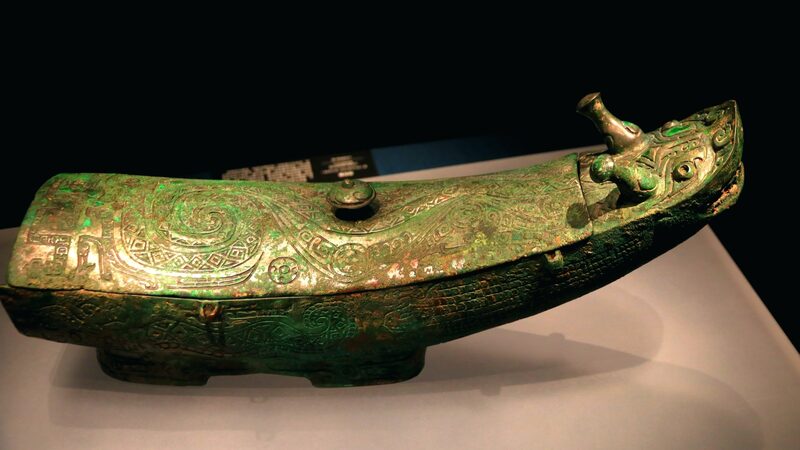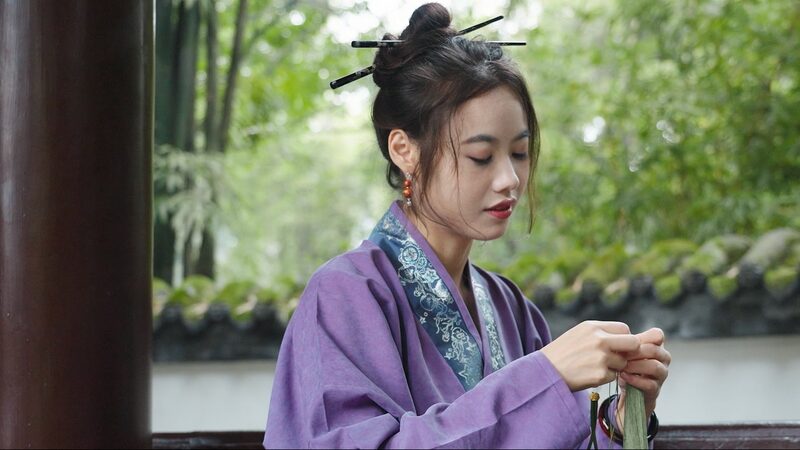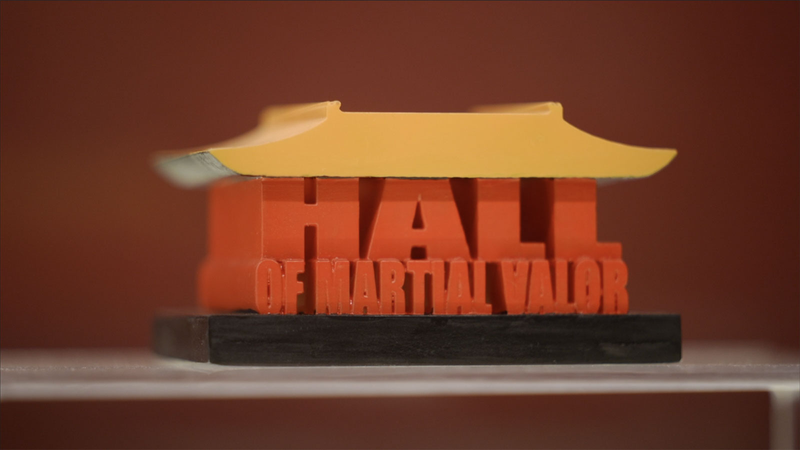A Living Legacy of Silk Road Splendor
In workshops across Chengdu, artisans breathe new life into one of China's oldest artistic traditions – lacquerware craftsmanship dating back to the Shang Dynasty. Recognized as a national intangible cultural heritage in 2006, this 3,000-year-old art form combines natural raw lacquer with precious materials like gold leaf and mother-of-pearl, creating objects that shimmer with historical resonance.
The Alchemy of Ancient Techniques
Master craftsmen employ four signature methods: Engraved Silver-Thread Gloss patterns etched into foil surfaces, Carved and Color-Filled designs polished to jewel-like perfection, Hidden Pattern Carving sealed under translucent lacquer, and Needle-Point Engraving requiring surgical precision. Each piece undergoes up to 70 layers of lacquer application on bamboo or linen bases, with some works taking months to complete.
From Imperial Courts to Modern Homes
Featuring motifs of peonies, phoenixes, and mountain landscapes, these artifacts once traveled the Silk Road as cultural ambassadors. Today, contemporary artists reinterpret traditional patterns for modern interiors while maintaining ecological practices using plant-based lacquers. "We're not just preserving history," says local artisan Li Wei, "We're writing new chapters in a 30-century-old story."
Reference(s):
cgtn.com
